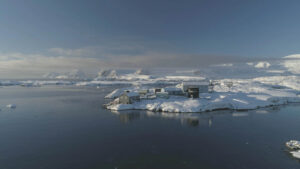
Canada’s Future Relies on Exploration Remote Site Services
Exploration remote site services play a foundational role in enabling Canada’s most strategically important industries to operate in some of

Remote facility housekeeping is a critical service that keeps essential operations running smoothly across Canada’s vast, unforgiving landscapes—where snowdrifts bury roads, cell signals vanish, and the nearest town could be a plane ride away. Far from being just about cleaning, it’s a field that sustains entire communities in isolation, from exploration sites deep in boreal forests to energy projects on frozen tundra.
It involves maintaining the hygiene, safety, and comfort of temporary or semi-permanent facilities located far from traditional infrastructure. These camps support workers engaged in exploration, extraction, scientific discovery, and large-scale construction, often for weeks at a time.
Given their isolation, these sites require complete ecosystems of support services—including cleaning, maintenance, dining, safety oversight, logistics, and personal care—all handled on-site. Unlike urban facilities, every service must be self-contained and adaptable, especially during extreme weather, logistical bottlenecks, or seasonal surges in workforce.
Remote facility cleaning covers a wide range of services critical to workplace health and livability. These are customized to the environmental demands and operational risks of each industry:
No matter the sector, cleanliness isn’t just about presentation—it’s a lifeline. Workers at remote camps are in close proximity 24/7, so minor oversights in hygiene can snowball into major health disruptions.
Keeping these remote outposts running requires intricate coordination and a deep bench of talent. Among the many critical behind-the-scenes roles:
Housekeeping even links directly into safety systems—supporting remote facility health and safety by preventing slip hazards, controlling potential biohazards, and aiding in emergency readiness drills.
Working in remote housekeeping environments isn’t just about physical labor—it demands specialized training, strict adherence to safety regulations, and compliance with regional and industry-specific standards. This structured approach ensures that teams not only meet cleanliness goals but also actively support remote facility health and safety benchmarks.
Key training components include:
Ongoing training programs also ensure alignment with evolving best practices—especially in cases where research remote site management or mine site cleaning companies introduce new health protocols or equipment.
Each industrial environment poses distinct risks for housekeeping teams—making awareness and training crucial to daily operations. These hazards demand not only technical cleaning knowledge but also a strong understanding of each site’s processes and protocols:
In all these contexts, proactive cleaning isn’t just a convenience—it’s a safeguard against breakdowns in safety, morale, and site performance.
Though often overlooked, the unsung efforts of housekeeping teams form the backbone of Canada’s ambitious industrial frontier. They enable oil rigs to operate safely, provide mining crews a place to recharge, keep research labs running in sterile conditions, and ensure forestry workers return to clean, livable spaces after grueling shifts. As operations grow more complex and environmentally sensitive, the demands on these teams will only increase. But one thing remains constant: the wellbeing of those who live, eat, work, and sleep in these environments depends on remote facility housekeeping.
If your organization needs reliable, efficient, and safety-focused housekeeping for remote facilities across Canada, contact the Domco Group to learn how we can help.
We provide tailored support for industries including mining, oil and gas, forestry, construction, and research—and understand the unique demands of life and work in the most remote corners of the country.
Groupe Domco Canada Limitée est l'un des fournisseurs de services en régions éloignées le plus fiable et le plus respecté au Canada. Entièrement canadien et propriété indépendante, Domco est en affaires depuis 1945. Nous proposons des solutions intégrées pour les régions éloignées, notamment un cycle de menus nutritifs et bien planifiés, l'établissement de relations à long terme et de racines profondes canadiennes dans des endroits éloignés avec des communautés autochtones.
Laissez-nous vous présenter quelques avantages clés qui nous distinguent.

Exploration remote site services play a foundational role in enabling Canada’s most strategically important industries to operate in some of
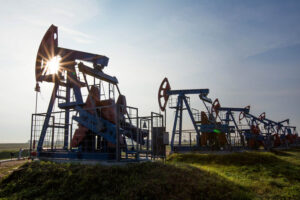
Selecting the right oil and gas facility maintenance provider is a pivotal decision for companies operating in Canada’s remote regions—from
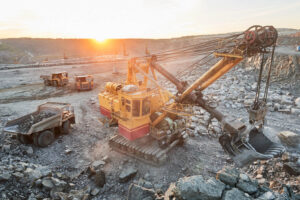
In Canada, mine camp management plays a key role in supporting workers at remote mining sites. These sites provide housing,
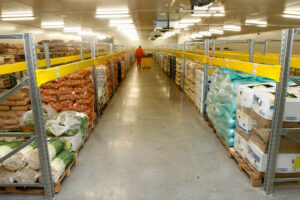
Remote food catering plays an important role in supporting workers across Canada’s most isolated job sites. Whether in the far
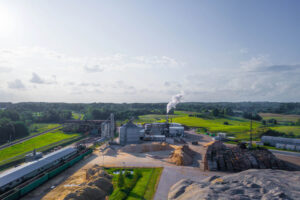
Remote camp maintenance jobs in Canada support the full lifecycle of temporary worksites—from setup (mobilization) to daily operations (maintenance) and

Remote catering companies play a vital role in supporting Canada’s vast and varied industries, especially those operating in isolated or
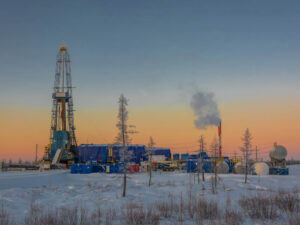
Oil and gas facilities management is a complex and critical discipline that ensures energy operations in Canada’s most remote locations
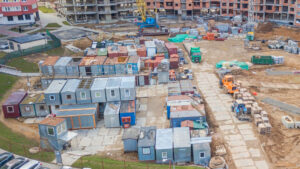
In the rugged, often isolated world of remote construction camps, construction facility management is the invisible force that sustains daily

Remote maintenance is the backbone of operational continuity in Canadian work camps, especially those located in isolated regions supporting industries
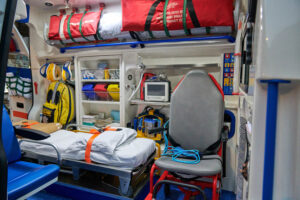
Remote camp health and safety is a vital concern in the management of Canadian remote workforce camps, especially in resource-driven

Keeping crews energized and satisfied starts with smart camp food menu ideas—especially in remote environments where morale and nutrition go

Gas remote camp mobilization is a critical operational phase in Canada’s oil and gas industry, particularly in remote and northern

When it comes to remote site security in Canadian work camps, ensuring safety and protection is paramount. These facilities, often

In Canada’s vast and resource-rich landscapes, remote site maintenance plays a pivotal role in sustaining the operations of work camps

In Canada’s vast and often isolated regions, remote camp management plays a vital role in advancing sustainability across diverse work
